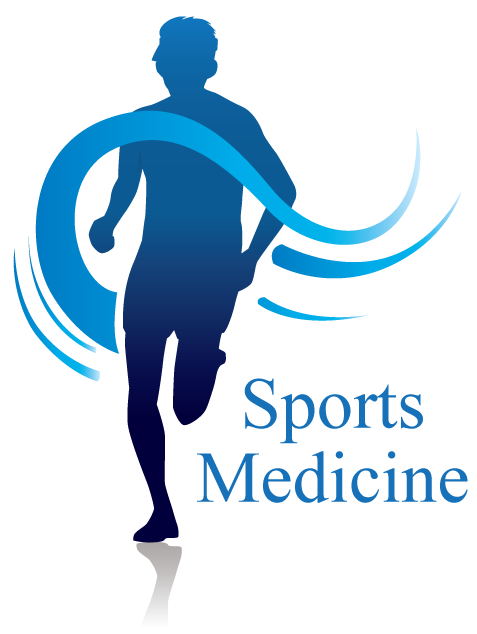Does Your Age Make You More Prone to a Sports Hernia Injury?
 Perhaps, after a long run, an aggressive sporting event, or a simple muscle strain, you feel a pain in your groin or abdomen. It may go away with rest, then return with activity and is painful to the touch. With these symptoms, there’s one likely diagnosis: an inguinal disruption, otherwise known as a sports hernia. While many different things, including your physical condition, core strength and participation in athletics, can influence sports hernias, age can make you more prone to a sports hernia as well.
Perhaps, after a long run, an aggressive sporting event, or a simple muscle strain, you feel a pain in your groin or abdomen. It may go away with rest, then return with activity and is painful to the touch. With these symptoms, there’s one likely diagnosis: an inguinal disruption, otherwise known as a sports hernia. While many different things, including your physical condition, core strength and participation in athletics, can influence sports hernias, age can make you more prone to a sports hernia as well.
What is a Sports Hernia?
A sports hernia occurs when a weak spot in the muscle or connective tissue in the abdominal area tears when stressed. Inguinal disruptions usually occur near where the rectus abdominis (six pack muscle) attaches to the pelvis. The damage causes discomfort, pain, and loss of mobility when not resolved. Sports that involve rapid changes in direction are the usual cause. Most athletes cannot remember a special accident, but the pain develops over time. Sports hernias often do not display traditional symptoms, making them difficult for physicians to diagnose and delaying recovery for their patients.
Youth and Risk of Inguinal Disruptions
In general, sports hernias are more likely to happen in adults, but can be found in children and young adults as well. Young people are frequently physically active, increasing the possibility for the occurrence of a sports hernia. In addition, children and teens are more likely to take an aggressive approach to rigorous sporting events, making the possibility for all sports injuries, sports hernias included, more likely than in older, more cautious and trained athletes.
Risk Can Increase with Age
Many patients Dr. William Brown sees have been active throughout their lives, taking part in recreational exercise or playing in organized or professional sports leagues. Although these adults tend to be in good physical condition, the aging process has effects on the body that cannot be ignored. Muscles tend to stretch and weaken as aging progresses, increasing the possibility of a sports hernia. For those older adults who do not use their muscles as much as they age, the abdominal muscles become more susceptible to tearing.
Preventing Sports Hernias at Any Age
Measures to prevent sports hernias can be incorporated into a fitness routine at any age. Proper stretching before exercise can warm up the body, making it more likely that abdominal muscles remain elastic. A strong core can also make a difference; weak muscles are more likely to tear or stretch during physical activity. Quitting smoking, regular physical exams, maintaining a proper body weight, and lifting with your legs rather than your back can also be influential in preventing sports hernias.
While there is no way of knowing whether you will develop an inguinal disruption, the right prevention techniques can decrease your risk. If you believe you have a sports hernia, see a doctor right away to seek appropriate diagnosis and treatment in order to avoid prolonged pain and recovery. Make proper treatment an essential part of self-care, no matter your age.
